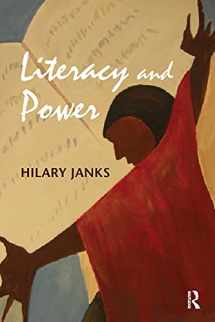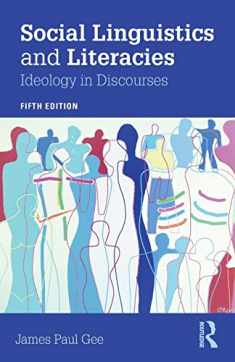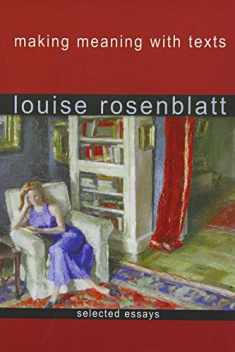
Literacy and Power (Language, Culture, and Teaching Series)
Book details
Summary
Description
Hilary Janks addresses key questions about literacy and power in this landmark text that is both engaging and accessible.
Her central argument is that competing orientations to critical literacy education - domination (power), access, diversity, design - foreground one over the other, but are crucially interdependent and need to work together to create possibilities for redesign and social action that serve a social justice agenda. She examines the theory underpinning each orientation, and develops new theory in the argument for interdependence and integration.
Sitting at the interface between theory and practice, constantly moving from one to the other, the text is rich with examples of how to use these orientations in real teaching contexts, and how to use them to counterbalance one another.
In the groundbreaking final chapter Janks considers how the rationalist underpinning of critical literacy tends to exclude the non-rational shows ways of working ‘beyond reason’ - pleasure and play, desire and the unconscious - and makes the case that these need to be taken seriously given their power to cut across the work of critical literacy educators working from any orientation.


We would LOVE it if you could help us and other readers by reviewing the book
Book review





